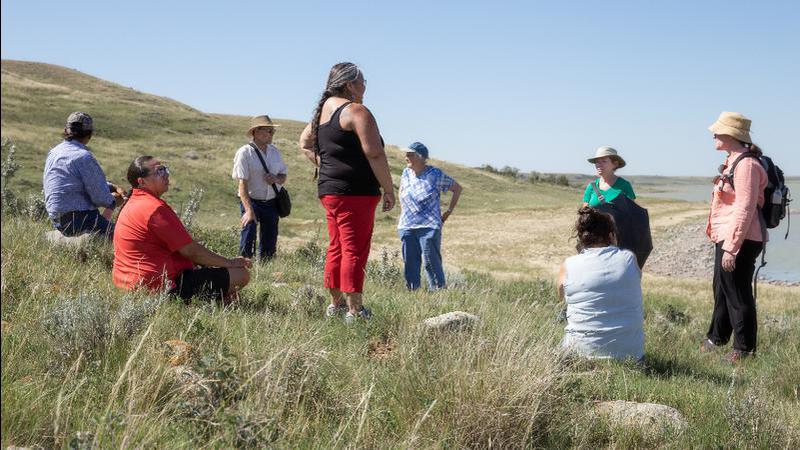
TLSN group opposed to province’s new trespassing legislation
NORTH BATTLEFORD, Sask. — The Treaty Land Sharing Network are voicing their concerns about the province’s trespassing legislation that went into effect this month.
Under the Trespass to Property Amendment Act, those wishing to access a rural landowner’s property for recreational purposes will need to gain consent from the owner. The legislation also provides legal protection to landowners, as trespassers can be fined.
The Treaty Land Sharing Network, a grassroot organization comprised of farmers and Indigenous land users across Saskatchewan, say the legislation does not support Treaty agreements.
Autumn Baptiste, from Thunderchild First Nation, is a member of the network, as well as a hunter and land user.


